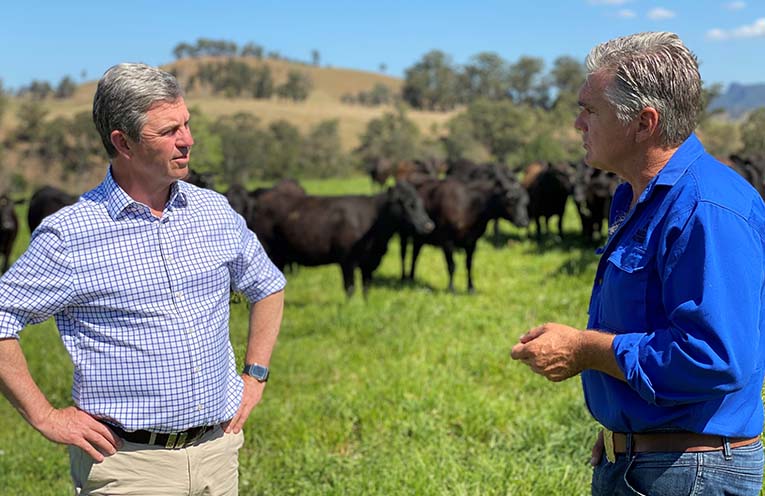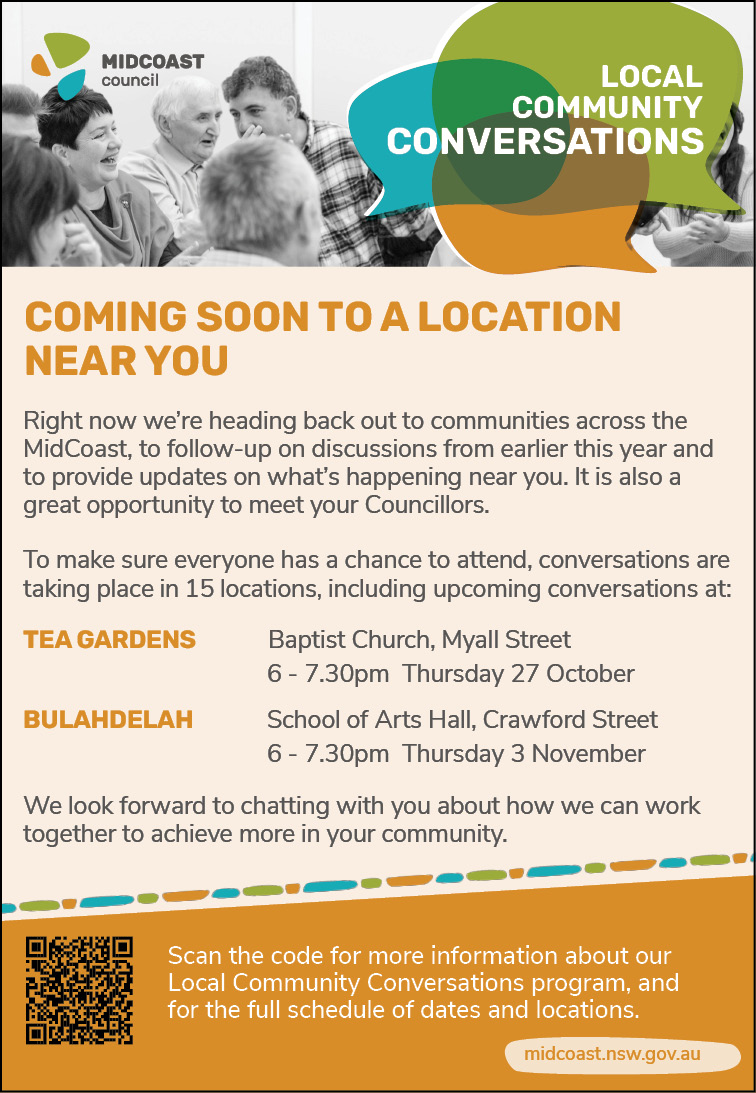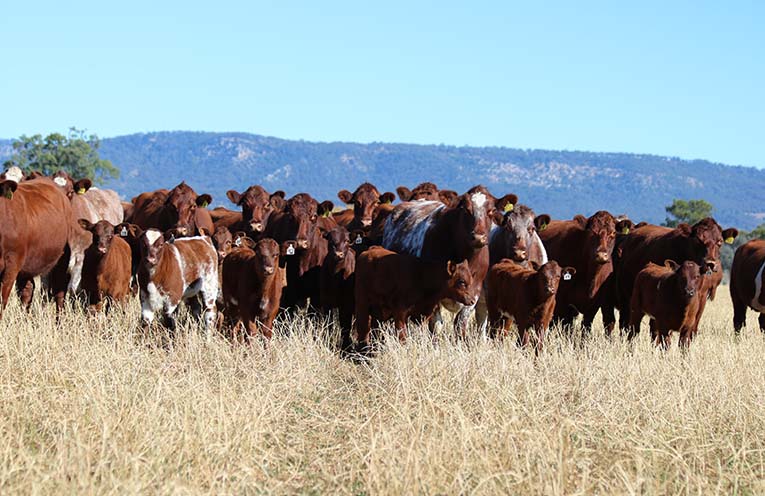
MEMBER for Lyne Dr David Gillespie has expressed concern that local farmers, butchers, hospitality venues and many other industries in our region will be severely impacted if the Federal Government signs the Global Methane Pledge.
The Albanese government is contemplating joining 120 other countries that have already pledged to cut methane emissions by 30 percent by 2030.
 Advertise with News of The Area today.
Advertise with News of The Area today.It’s worth it for your business.
Message us.
Phone us – (02) 4981 8882.
Email us – media@newsofthearea.com.au
Methane is a powerful but short-lived climate pollutant that accounts for about half of the net rise in global average temperature since the pre-industrial era.
President Biden and President Von der Leyen announced at the September 17 Major Economies Forum (MEF) meeting that the United States and the European Union are inviting countries to support the Global Methane Pledge to be launched at COP 26 in November 2021 in Glasgow.
Federal Member for Lyne Dr David Gillespie said plans to impose penalties on producers whose livestock release methane would have a devastating impact on local communities.
“I understand from media reports an announcement to commit to the global methane pledge is imminent, ahead of next month’s UN COP27 climate change conference when representatives of the Albanese Government will attend,” Dr Gillespie said.
“I’m appealing to my friends and colleagues across the aisle in the Labor Party not to proceed with this nonsensical pursuit of more taxes in the name of climate action,” Dr Gillespie said.
“It will cost our region many jobs if they are allowed to impose taxes and penalties on our farmers.”
Dr Gillespie said the move was not necessary for Australia to achieve net zero carbon emissions.
“Our nation has significantly reduced carbon emissions and we already have a plan in place to achieve net zero without the need to pursue this measure which will destroy regional jobs, regional communities and impact millions of Australians’ household budgets,” Dr Gillespie said.
“The stable diet at dinner of a piece of meat and four vegetables which has always been relatively healthy and affordable, is something just about all Australians would like to see continue.”
Dr Gillespie said a more realistic path to net-zero carbon by 2050 must include new nuclear technology in Australia’s future energy mix.
“I was recently in Canada meeting with their authorities who have put all the regulatory framework and systems in place to build their first small modular reactor which will become operational by 2028.
“Small modular nuclear technology is here.
“It’s economical, it provides affordable baseload power 24/7, it’s compatible with the electricity grid and can be plugged into the locations where existing coal-fired power plants are being retired. Importantly, there is next to no emissions.”
“While I support having solar and wind as part of our energy mix, Labor’s plans for renewable energy will see tens of billions of dollars needed to create a new grid which will be an extra cost to all households. It’s also above and beyond the cost of installing solar, wind and batteries.
“Labor should dump its plans to support US President Joe Biden’s methane pledge; start supporting Australian jobs and industries; and embrace new nuclear technology as a viable pathway to achieving net zero,” he added.
NSW Farmers, the state’s peak agricultural advocacy body, has spoken out in opposition to Australia signing up to the Pledge, citing the impacts that similar action had had in New Zealand.
NSW Farmers CEO Pete Arkle said while the federal government had been quick to promise no tax on farmers if it signed up to the Methane Pledge, the experience of New Zealand’s farmers proved talk was cheap.
“Farmers produce the food we eat and fibre to make the clothes we wear, yet we are constantly being painted as the ‘bad guy’ on climate change,” Mr Arkle said.
“Our sector is highly exposed to any change in climate – you only need to look at the weather we’ve seen this year – and we are prepared to do our part, but at the moment there’s not much we can do on methane reduction but reduce the national herd.
“We need investment in research and development and better innovation to drive further emissions reductions.”
While there were promising trials and pieces of research being conducted to help reduce how much methane livestock produced, Mr Arkle said Australia was a long way from having a commercially-available ‘low methane’ option for stock feed.
He pointed out the agricultural sector had already reduced emissions by more than 30 percent, and was also removing carbon from the atmosphere by converting it into plants – something the heavy polluters were not doing.
“Rather than sign us up to a pledge that is all about international appearance, we need environment and farming working together to achieve these goals,” Mr Arkle said.
“If, however, we are simply expected to cut production then farmers will remain deeply opposed to this sort of policy that pits feeding the planet against saving the planet.
“People cannot eat or wear pledges – we need meaningful action on climate, not more hot air.”

